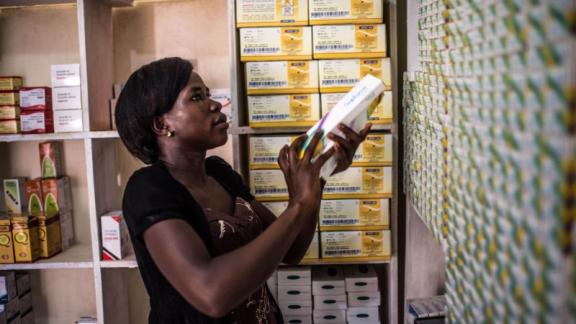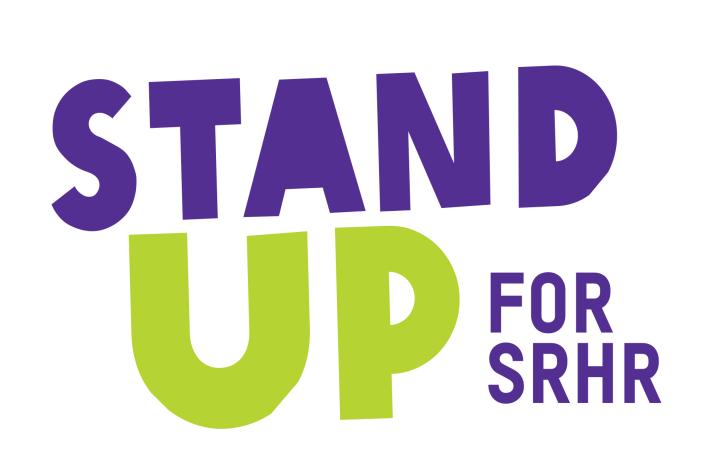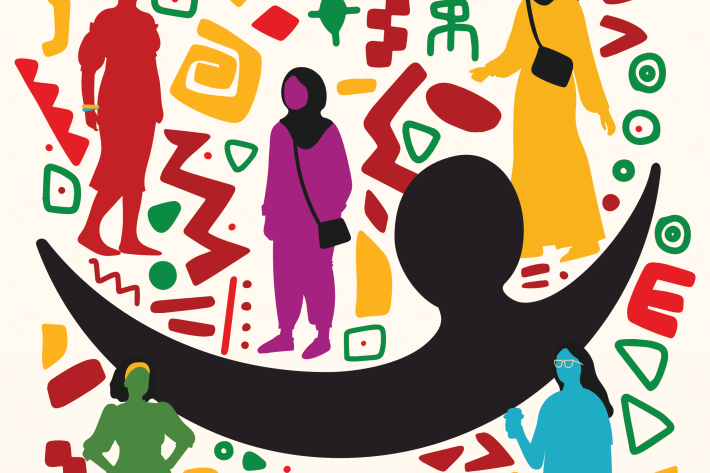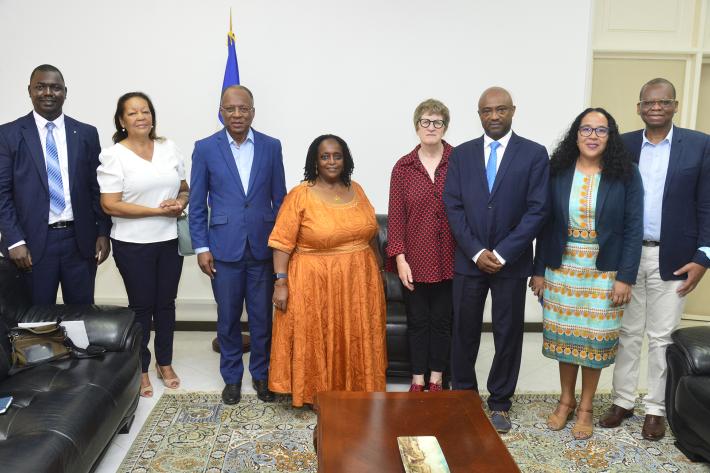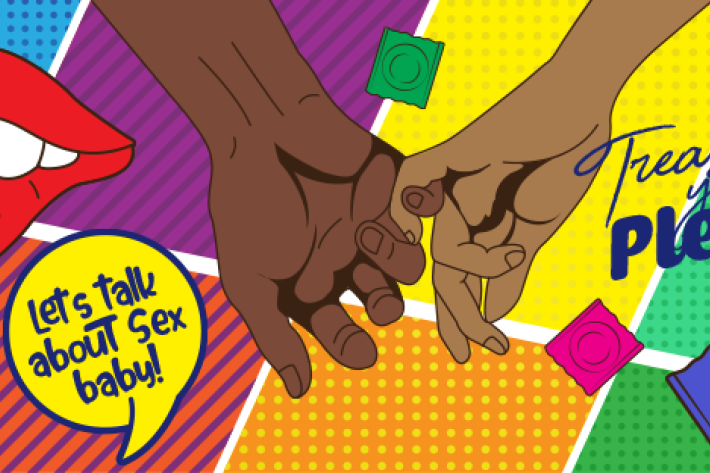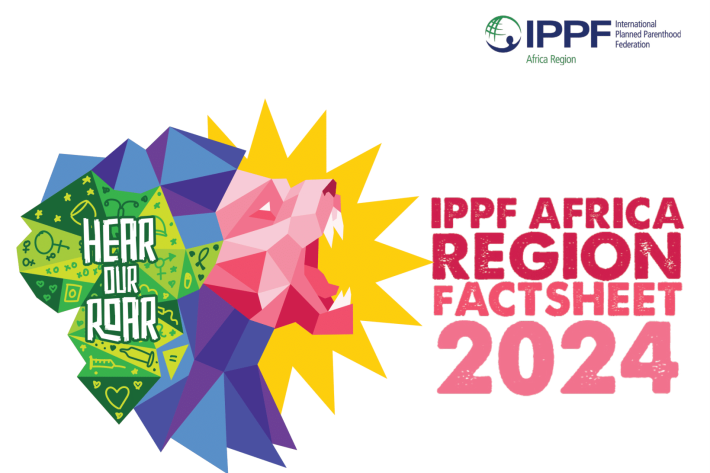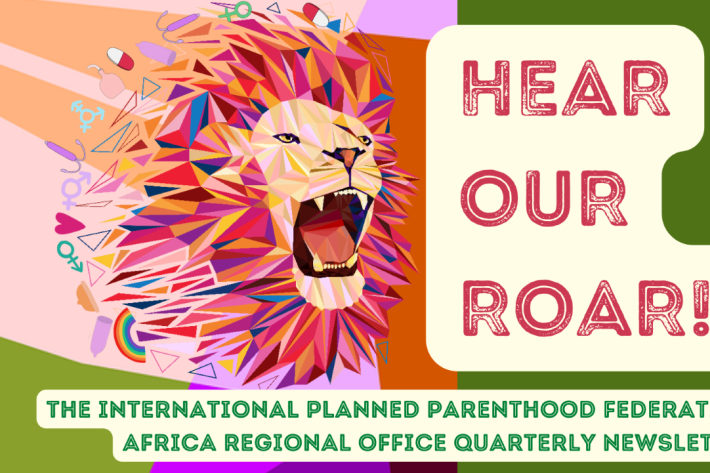Spotlight
A selection of resources from across the Federation
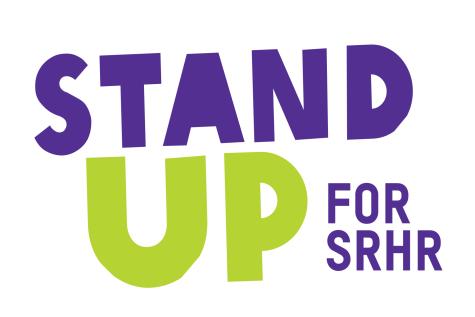
Mozambique, Uganda
Stand Up Factsheet 2025
Healthcare, Rights & Choice: The Stand Up Initiative in Action Imagine a world where every young woman and girl has the power to make informed choices about their sexual and reproductive health. That’s the vision of Stand Up for Sexual and Reproductive Health and Rights (Stand Up)—a groundbreaking 6.5-year initiative driving change in Uganda and Mozambique. Our Impact So Far: 6 service provision clusters established
Filter our resources by:


| 13 July 2018
Newly Launched! State of African Women Report: Key Findings
This year marks the 15th anniversary of the Maputo Protocol and the upcoming 25-year review of the International Conference on Population and Development (ICPD+25 Review), as well as the first five-year review of the Addis Ababa Declaration on Population and Development (AADPD+5). These milestones offer an excellent opportunity to take stock of gaps and contestations around the realisation of women and girls’ rights, and to identify the areas where progress for Sexual Reproductive Health and Rights (SRHR) needs to be accelerated. It is against this background that we are pleased to announce the launch of the key findings of the State of African Women Report, which highlights the implementation progress of the AU’s Maputo Protocol on the rights of women in Africa, and the Maputo Plan of Action (MPoA) -which is the implementation framework for the Continental Policy Framework on SRHR. The State of African Women Report particularly focuses on four areas: Gender-based Violence against women Harmful practices HIV and AIDS Reproductive Rights The main objectives of the report are to: Raise awareness about continental commitments (Maputo Protocol and Maputo Plan of Action) Review status of implementation (with a focus on SRHR) Strengthen focus on how women’s and girls’ rights are realized Inform and strengthen effective advocacy efforts and strategies of Civil Society Organizations (CSOs) and opinion formers The State of African Women Report report seeks to complement existing reports and reviews by: Focusing on sexual and reproductive health and rights Looking at role of and trends in Regional Economic Communities (RECs) Emphasizing the role of civil society organizations and actors Promoting a gender and rights perspective with regards to ratification, domestication (including legal and policy reform), implementation (institutional reform), civil society initiatives and social norm change The key audiences of the report include: Parliamentarians, African First Ladies of States and Governments, journalists, religious leaders, youth leaders, CSOs, AU and RECs representatives, high level political decision-makers, technocrats / thematic experts, national (and subnational) government decision-makers and donors.








